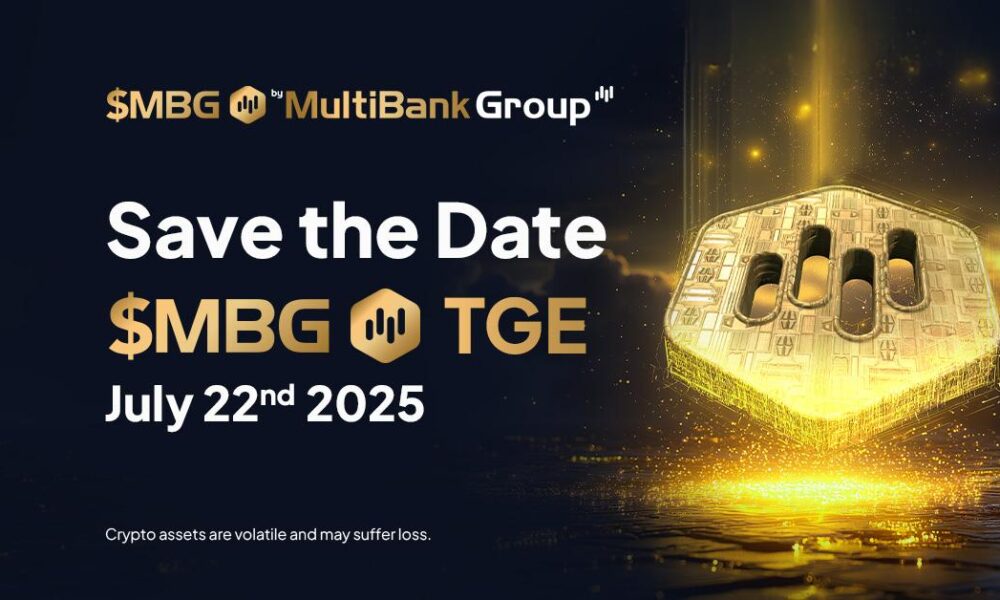Cryptocurrencies began as a technical experiment before becoming a multi-billion-dollar asset class. With so many distinct stakeholders, determining who gets to make choices about everything from basic improvements to hard forks following a security incident is difficult. We will examine the function that governance performs in the cryptocurrency markets along with the current state of government-backed crypto, and what it all implies for investors. If you are interested in Bitcoin trading, you may also consider knowing about xBitcoin Capex Club.
What Does Crypto Governance Mean?
To simply state, governance is a set of procedures used to manage an organization. For example, investors have voting rights to control public firms. Shareholders elect the Board of Directors, which has the authority to terminate executives, approve significant business deals and make sure that the firm’s leaders are operating in the best interests of the company.
Compared to firms that are publicly listed, cryptocurrencies are subject to much less regulation. The founding teams have a lot of influence over a project’s course. Hard forks and other fundamental changes that have a significant impact on a cryptocurrency’s value are rarely subject to investor input. Some projects have already experienced serious problems as a result of these dynamics.
The Current Status Of The Governance System
The vast majority of cryptocurrency projects are conscious of these problems and are actively putting their respective governance mechanisms in place. Contrary to their equity competitors, most cryptocurrency initiatives would favour a self-governing structure in which cryptocurrency holders might cast their votes using the same decentralized blockchain. The difficulty is to make these votes accessible to regular investors.
For instance, Satoshi Nakamoto’s original concepts are the foundation of Bitcoin’s set of regulations. Everybody can vote on ideas submitted by the core team of developers or even other users, but to utilize the signal system for voting, they must be running a complete node. This indicated that regular investors are not allowed to vote, only miners are permitted to do so.
When assessing a project, cryptocurrency investors should pay close attention to the governance structure of the currency. They should determine if there is a chance that the largest miners or the core development team will take steps that might negatively affect their holdings when they have no vote or a restricted vote. In circumstances involving governance, they have to consider voting procedures.
Governance And Regulation’s Effects
- The adoption of efficient governance may significantly affect the cryptocurrency industry. Increased transparency and more institutional involvement in the field may result from new SEC regulations. Due to the high risk, fluctuating market, and unpredictability associated with cryptocurrency initiatives, a lot of these investors have stayed away.
- Initial coin offerings, often known as ICOs, may become a viable method of capital raising as a result of improved governance. Investor trust in the market has been affected by the enormous number of fake ICOs over the previous several years. Investors may feel better at ease taking part in offers if the proper disclosure and reporting procedures are in place.
- The exchanges that crypto investors utilize as well as their accessible investment alternatives may be significantly impacted by these developments. Ultimately, the improvements may be helpful to the market as it grows into a potent alternative asset class for both institutional as well as individual investors.
Conclusion
The role of governance in crypto marketplaces is expanding. Without adequate governance, it is simple for a project’s core development team or major miners to take measures that favour them at the risk of others. These possibilities have prompted several regulatory organizations, like the SEC, to consider additional regulations aimed at safeguarding investors. Investors should stay up to date on new government rules affecting the market, as well as understand governance mechanisms for their crypto holdings and how they may engage in crypto voting to ensure that projects operate in their best interests.
Disclaimer: This is sponsored marketing content. The presented material by no means represents any financial advice or promotion. Be sure to do your research and acknowledge the possible risks before using the service of any trading platform.



































